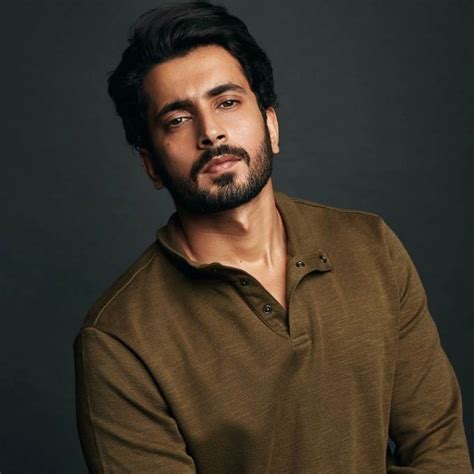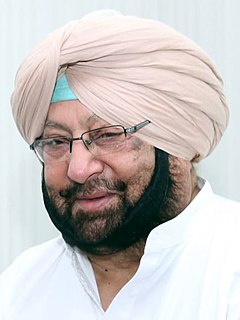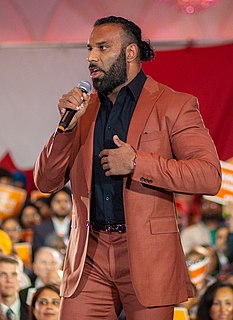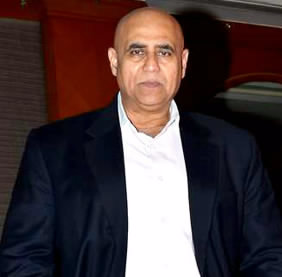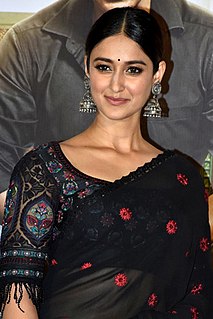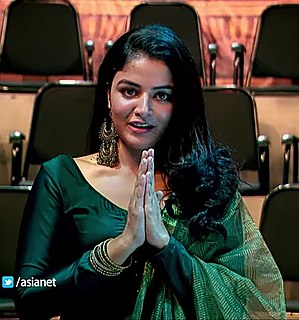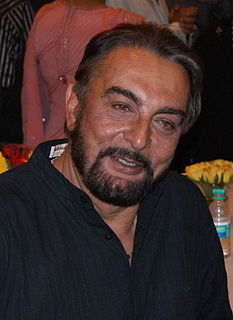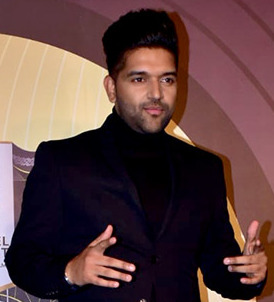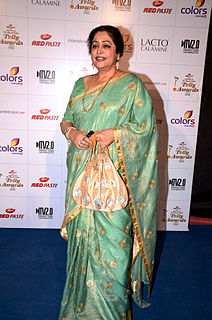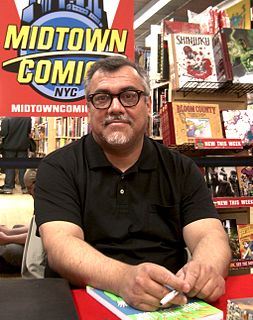A Quote by Sunny Singh
My cousins and relatives are from Punjab, and we always speak in Punjabi at home.
Related Quotes
All I can say is, it's a sort of kinship, as though there is a family tree of grief. On this branch, the lost children, on this the suicided parents, here the beloved mentally ill siblings. When something terrible happens, you discover all of the sudden that you have a new set of relatives, people with whom you can speak in the shorthand of cousins.
